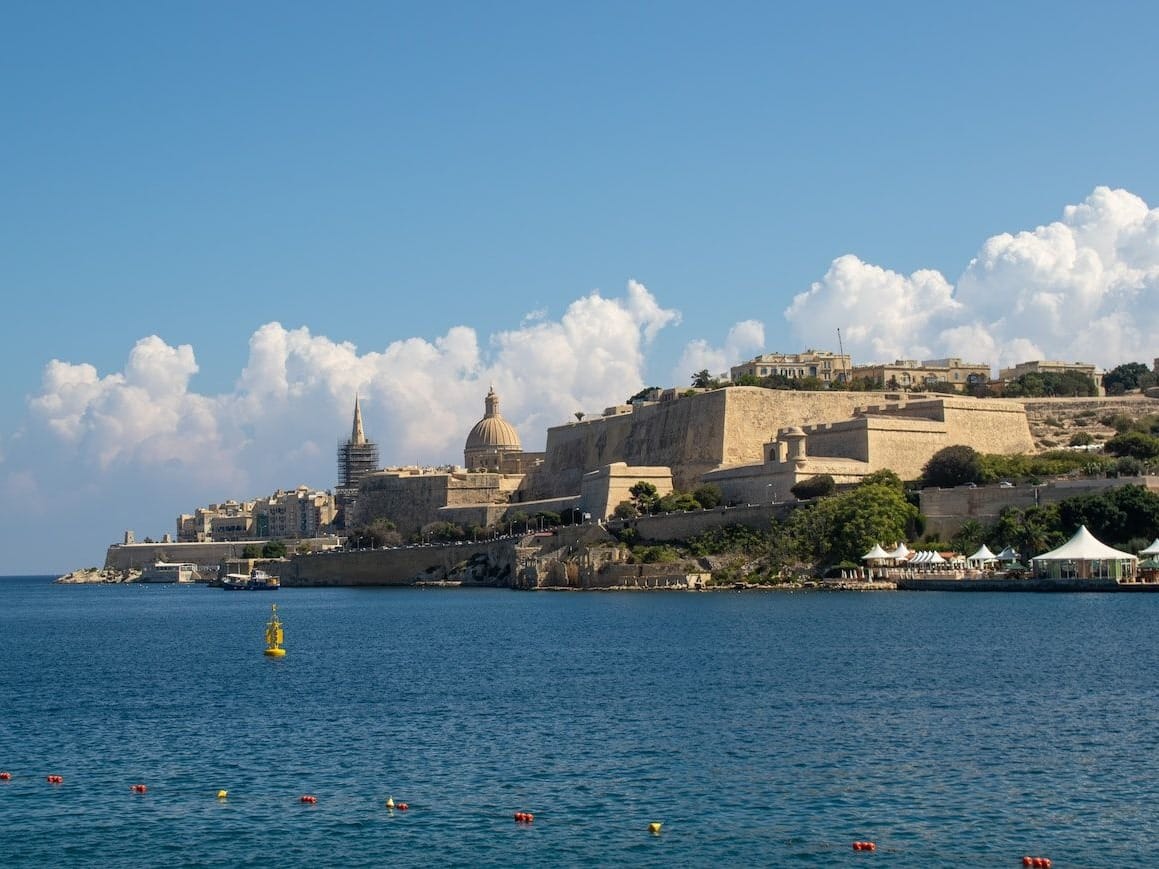Earth's warming is tipped to submerge low-lying coastal communities and islands, including parts of the Maltese archipelago – imperiling entire nations this century.
That's a climate risk that the small island nation in the Mediterranean Sea highlighted on Tuesday as part of its U.N. Security Council presidency this month. The position passes among the council's 15 members on a month-to-month basis.







